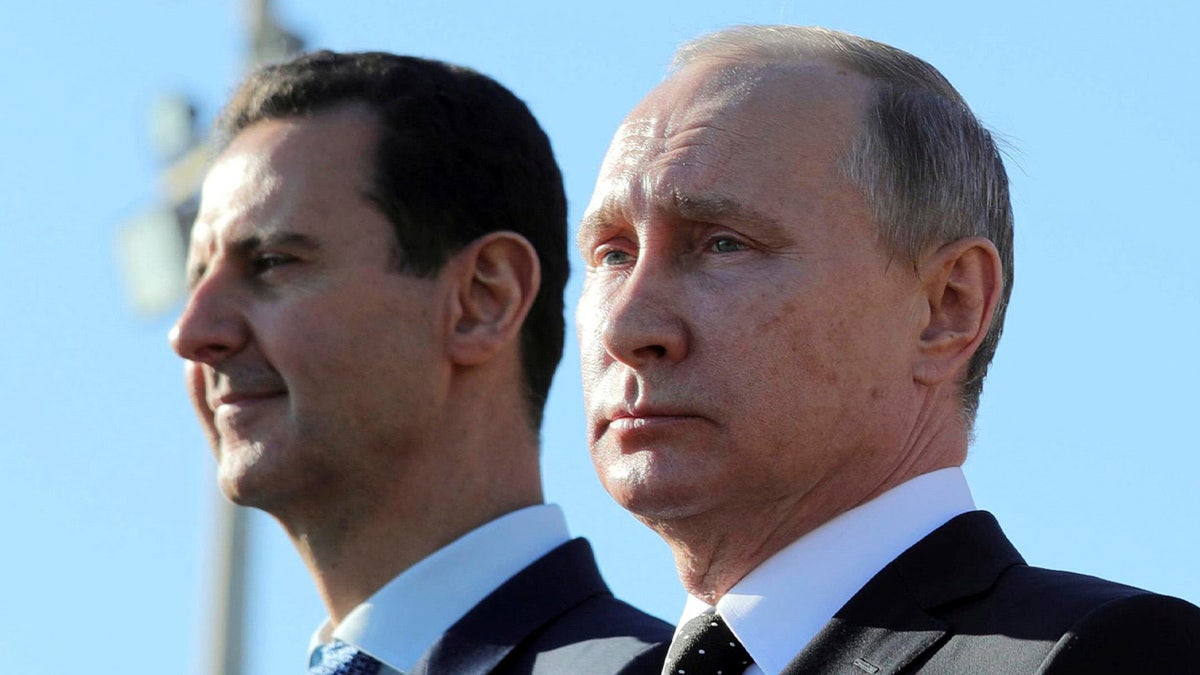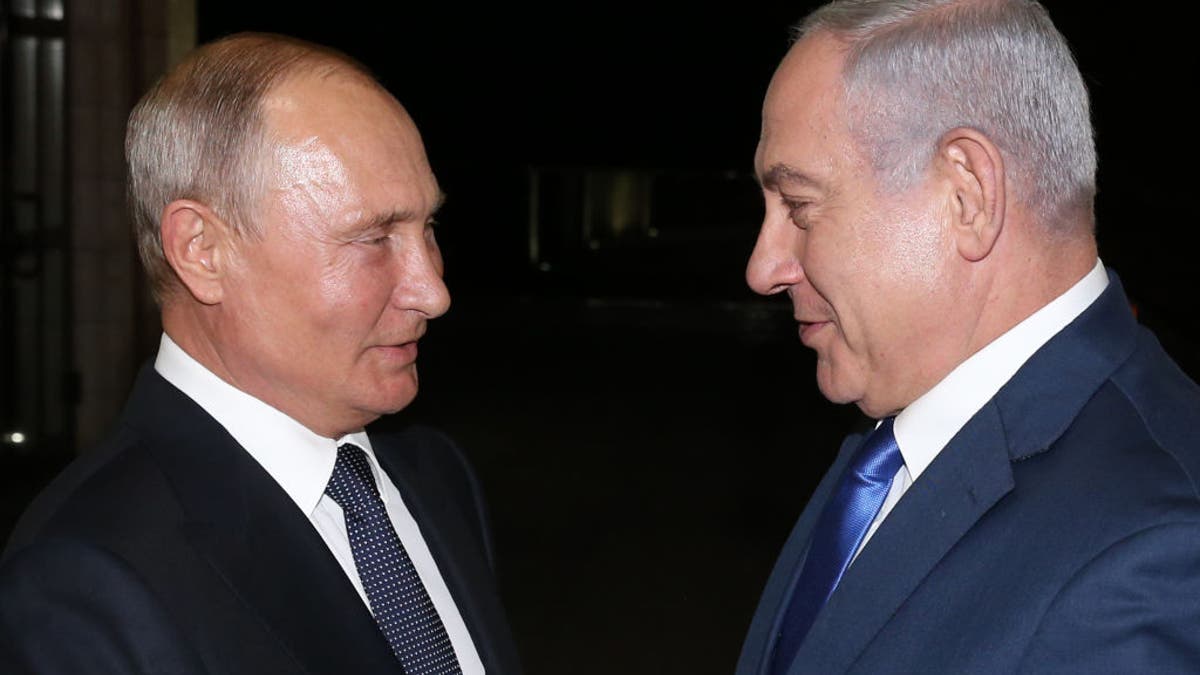With the Assad regime crumbling and Russia's grip on Syria weakening, the dynamics in the Middle East are undergoing a significant transformation. This shift has sparked discussions about a potential realignment of alliances, particularly concerning Israel's relationship with Ukraine.
Yuli Edelstein, a prominent figure in Israeli defense and foreign policy, argues that the time has come for Israel to bolster its support for Ukraine. He points to the evolving strategic landscape, where Russia's reliance on Iranian weaponry, especially missiles and drones, highlights a growing alliance between the two nations. This, he believes, necessitates a clearer stance from Israel in backing Ukraine.

Historically, Israel has carefully balanced its relations with both Russia and Ukraine. While public sentiment leans towards supporting Ukraine, the government has remained cautious, primarily due to its intricate relationship with Moscow. Israel's need to conduct airstrikes against Iranian-backed forces in Syria, while avoiding conflict with Russia, has been a key factor in this cautious approach.
However, Ukrainian Ambassador to Israel Yevhen Korniychuk believes that this cautious stance is no longer justifiable. He argues that Russia's ties with Iran and its support for groups like Hezbollah and Hamas demonstrate that Russia is not a neutral actor for Israel. The diminishing Russian presence in Syria, he adds, presents an opportunity for Israel to strengthen its ties with Ukraine.

Edelstein suggests that increased cooperation with Ukraine, particularly in defense technologies related to missiles and drones, is in Israel's best interest. He cites recent incidents where Iranian drones breached Israeli airspace, despite advanced defense systems, as evidence of this need.
An Israeli security official, speaking anonymously, reveals that while Israel is developing its own anti-drone technology, the process is time-consuming. Existing systems like the Iron Dome, while effective against rockets, are less suited to counter mass drone attacks, a challenge faced by both Israel and Ukraine. The official laments a missed opportunity to learn from Ukraine's real-world combat experience.

Despite the cautious political rhetoric, intelligence sharing between Israel and Ukraine has reportedly been robust. Both Israeli and Ukrainian officials have confirmed this close collaboration, with hopes that it will pave the way for increased military cooperation, including the sale of Israeli defense technology to Ukraine.

However, Rebekah Koffler, a strategic military intelligence analyst, cautions that Israel's primary focus should remain on regional security, particularly regarding Iran. She argues that maintaining a stable relationship with Russia offers strategic advantages in managing the Iranian threat and influencing key regional players. In contrast, she believes Ukraine offers little strategic benefit to Israel.

Daniel Vajdich, a Republican foreign policy expert, acknowledges Israel's focus on its own security but suggests that the changing geopolitical landscape creates an opportunity for greater support of Ukraine. He highlights Israel's advanced defense capabilities, especially in air defense, as potentially beneficial to Ukraine.
Ukraine's ambassador to Israel expresses hope that with the changing dynamics in Syria, Israel will reconsider its reluctance to provide defensive weapons and technology to Ukraine.
Comments(0)
Top Comments